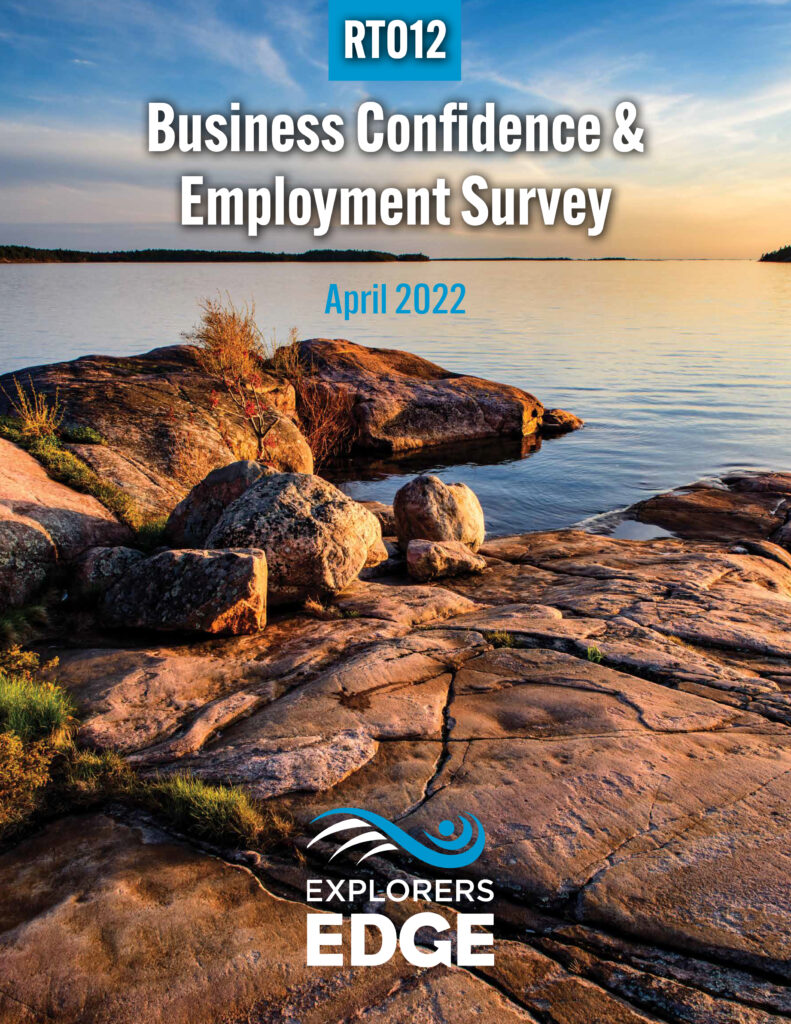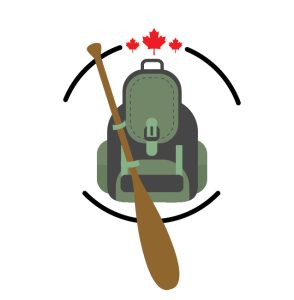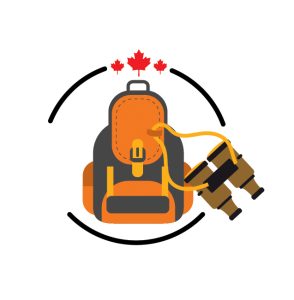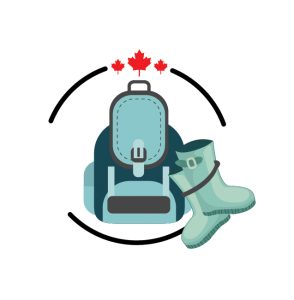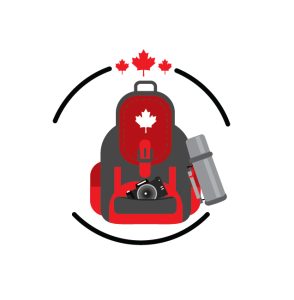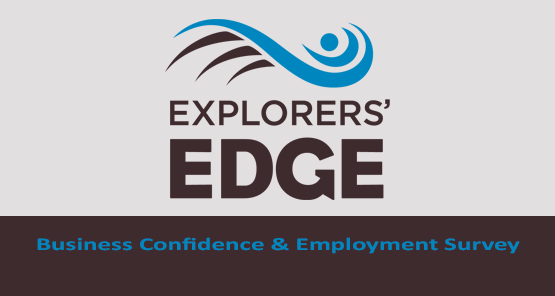
Business Confidence & Employment Survey
Business Confidence & Employment Survey
Research Objectives
A key pillar of RTO12’s Regenerative Strategy is the development of a Regional Tourism Data Hub, which will collect ongoing and timely intelligence regarding the overall health of the tourism industry. This data is particularly important as the RTO12 launches programs to help the tourism industry and communities recover and rebuild with long-term sustainability front and centre.
An online dashboard has been conceived to track business confidence, labour gaps & shortages, employee sentiment, resident sentiment, visitor sentiment and, eventually, environmental impact. A series of surveys will be launched to gather the benchmark intelligence to create the dashboard, which will be hosted on the RTO12 administrative site.
This report presents the outcome of the first phase of data gathering a survey of regional tourism business owners. The objectives of this survey are to create a bi-annual business confidence index as well as to quantify full and part-time labour shortages in the region.
Highlights – Business Confidence
- With respect to Business Confidence, our findings are consistent with that of other similar measures such as the CFIB Business Barometer. Respondents to our survey are generally positive about their prospects for the upcoming season, with 79% falling into our Mid and High Confidence levels
- A majority of respondents are optimistic that they will be able to meet their business objectives this season, with those in Parry Sound particularly optimistic
- On a related finding, 54% of respondents expect sales to be higher this year
- Despite that optimism, respondents indicate staffing is a big concern, with almost half of respondents pessimistic that they will be able to properly staff this season
- Inflation preoccupies the Canadian consumer right now, and business operators in RTO 12 are no different. Fully 60% of respondents say rising prices – and rising fuel prices in particular – will limit their ability to achieve their business objectives
- Not only do a majority point to inflation as a limiting factors, over 80% of this majority say they have a very high level of concern about it
- Lack of employees and increasing labour costs (the handmaiden of inflation) are also seen as limiting factors
Highlights – Employment Survey
- Based on the weighted survey data, we estimate the following labour shortages this year:
- 1,300 full-time positions
- 4,640 part-time positions
- In 2022, respondents indicate they will have an average of 8 full-time and 15 part-time or seasonal staff
- About 43% of respondents say they have full-time vacancies, with an average of 3.7 open positions. 60% of respondents say they have part-time vacancies, with an average of 9.3 open positions
- The shortage seems most acute in Parry Sound, where the shortfall is twice the overall average
- The proportion of respondents who are optimistic about filling their full-time positions is equal to those who are pessimistic. There is less confidence when it comes to filling the part-time jobs
- Average hourly wage for our respondents is about equal to the provincial minimum of $15.50
- There’s an interesting polarity when comparing accommodation to F&B providers: while female employees dominate in both, 54% of accommodation employees are over 55, versus just 15% of F&B employees
- More than half of respondents say that access to affordable housing significantly impact their ability to recruit new staff
Business Confidence Wave 2
key pillar of RTO12’s Regenerative Strategy is the development of a Regional Tourism Data Hub, which will collect ongoing and timely intelligence regarding the overall health of the tourism industry. This data is particularly important as the RTO12 launches programs to help the tourism industry and communities recover and rebuild with long-term sustainability front and centre.
This report presents the outcome of the second phase of data gathering a survey of regional tourism business owners. The objectives of this survey are to create a bi-annual business confidence index as well as to quantify full and part-time labour shortages in the region.
Highlights – Business Confidence
- Respondents to our survey remain positive about their prospects for the upcoming year, with 72% falling into our Mid and High Confidence levels
- A majority of respondents are optimistic that they will be able to meet their business objectives in the coming year
- That said, a lower percentage in this wave expect sales to be higher next year – 32% versus 54%
- Respondents indicated less concern with meeting staffing needs in the coming year. 27% of respondents
- say they are very pessimistic that they will be able to properly staff next year versus 45% in the first wave
- Inflation preoccupies the Canadian consumer right now, and business operators in RTO 12 are still no
- different. Three quarter of respondents say rising prices will limit their ability to achieve their business objectives next year
- Not only do a majority point to inflation as a limiting factors, 87% of this majority say they have a very high level of concern about it
- Lack of employees and increasing labour costs (the handmaiden of inflation) are also still seen as limiting
- factors, though the level of concern has dropped slightly from the first wave

